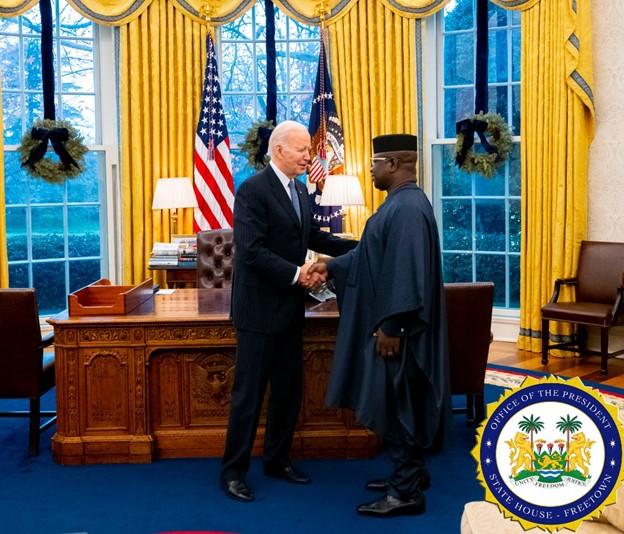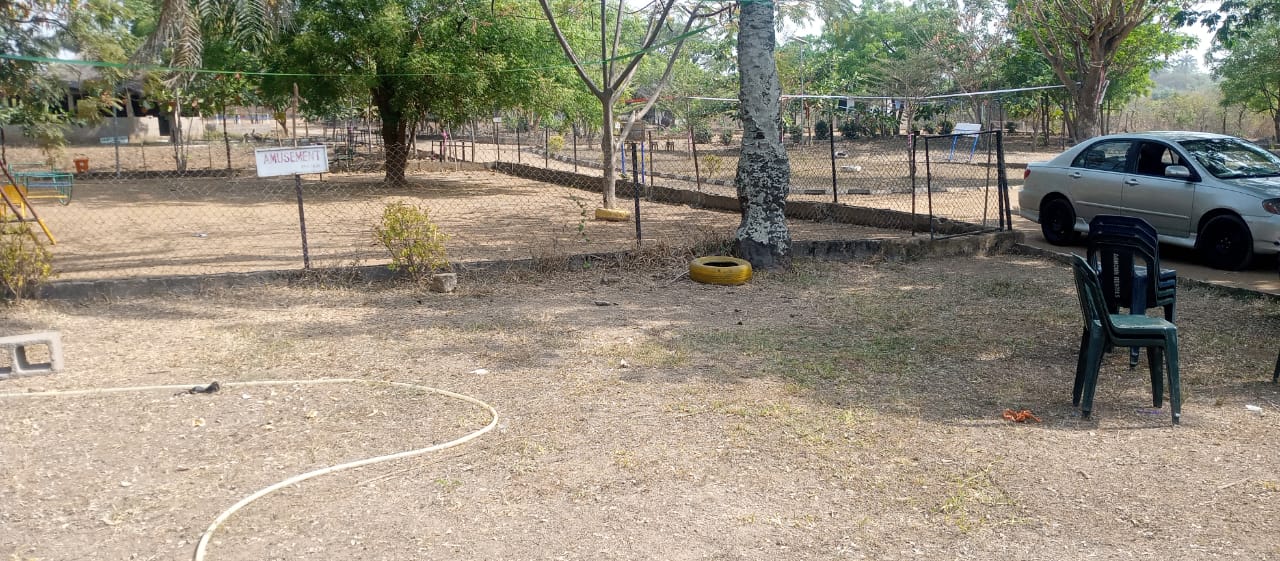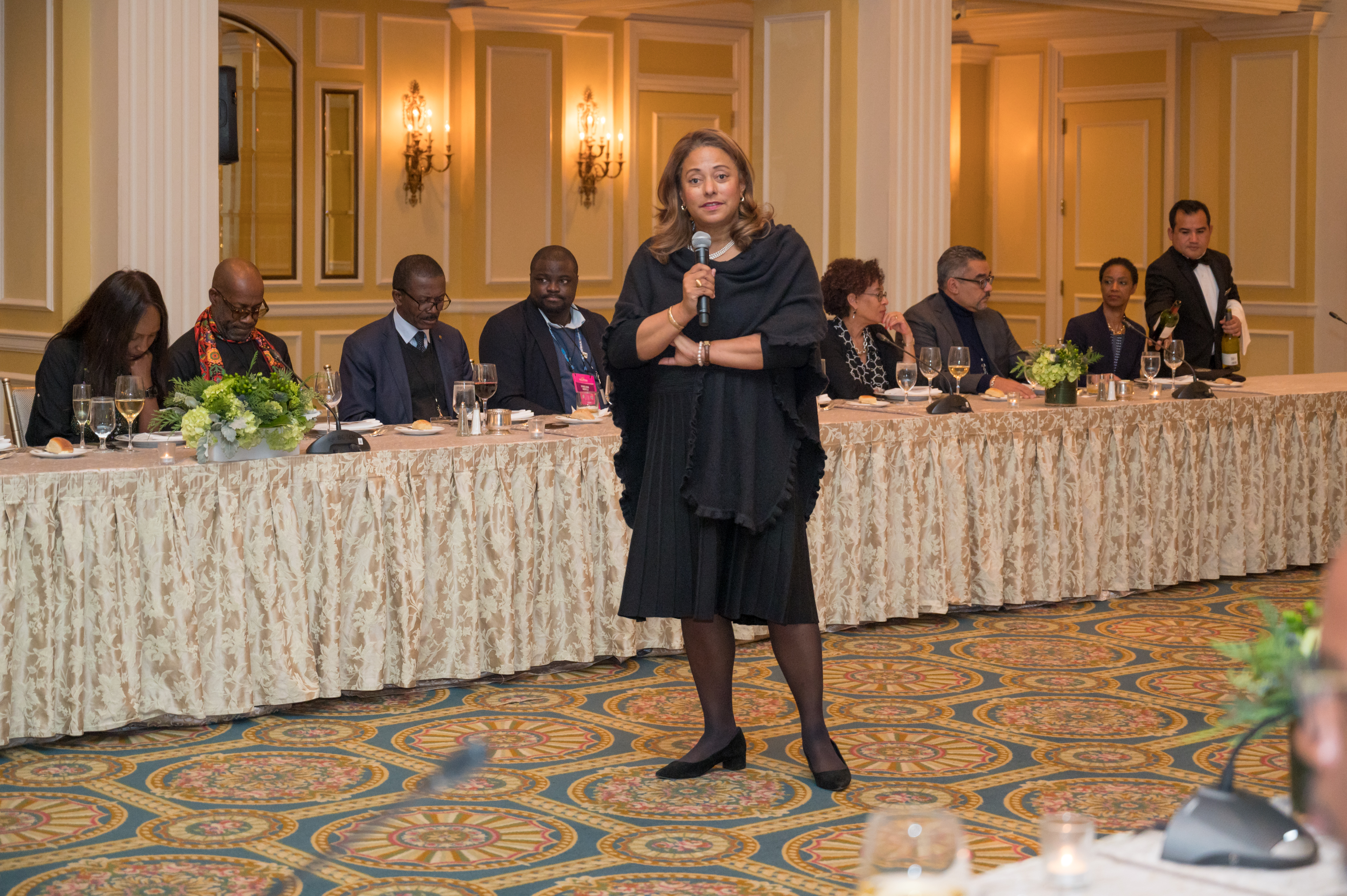The US-Africa Leaders’ Summit, hosted by the Biden-led administration, may have ended, but the ripple effects from the gathering are only beginning to spread across the continent, especially in countries with prior strategies and aligned national development priorities before the occasion. The 3-day Summit ended with a commitment by United States President Joe Biden to invest about $70 Billion in the continent. This, no doubt, opens the floodgate of possibilities for the US-Africa partnership, especially since the US had floundered in the past years – losing steam in its engagement with the continent and causing other countries to overtake them.
The Summit, which hosted about 49 high-level delegations from the continent, was premised on the truism that “Africa will shape the future of the world”. In the words of President Biden, “Africa’s Success is the world’s success.”
 President Julius Maada Bio in a handshake with President Joe Biden, The Oval Office, White House, USA
President Julius Maada Bio in a handshake with President Joe Biden, The Oval Office, White House, USA
In its invitation to the visiting delegation, the State Department maintained that the 3-day Summit is part of the United States’ efforts to strengthen ties with African partners based on principles of mutual respect and shared interests and values. This aphorism by the State Department set the tone for the engagement between the United States and its august visitors from Africa.
For Sierra Leone, the Summit couldn’t have come at a better time. The President, Dr Julius Maada Bio, has just been named the African of the Year in the 11th African Leadership Magazine Persons of the Year polls – the continent’s biggest poll-based assessment for leaders. The Summit presented an opportunity for President Bio to share his government’s key achievements with prominent US government officials while exploring strategic opportunities for the country’s socio-economic advancements.
In this first in-person meeting with the American President Joe Biden, President Bio established a personal equation with his US counterpart and shared his government’s efforts to lead the country into economic prosperity. President Bio’s democratic credentials and activism at home, in particular, and in Africa, in general, shone brightly. He is fondly remembered for leading the nation at a young age and midwifing the elections that ushered in democracy in Sierra Leone after years of economic malaise and autocratic and repressive rule. In the bilateral meeting with President Biden, both leaders discussed strategies for deepening and promoting more meaningful bilateral and multilateral relationships based on mutual trust, respect and accountability.
Prior to the trip, President Bio, who had just returned from a result-rich engagement with the UK Parliament and the Foreign, Commonwealth & Development Office, was decisive on his government’s expectations from the event and sat down with his team to marshal out plans to ensure it was a successful outing. Education, Health, Agriculture, Infrastructure, and Tourism, among other key growth sectors, were the centerpiece of the government’s discussions in Washington DC and shaped the sideline meetings. These priority areas are intertwined and closely aligned with the government’s Human Capital Development agenda.
President Julius Maada Bio and President Joe Biden, USA
During his States-manly address at the African and Diaspora Young Leaders Forum, held on the first day of the Summit, we saw first-hand President Bio’s transition from a national to a pan-African leader as he shared his broad vision for the Africa of our dreams. His exceptional speech at the Summit re-echoed the Summit’s position that “Africa is too important to be ignored.”
In the words of President Bio, “To the question, “does Africa matter?” I will state the assertion by the United Nations that Africa contains 30% of the earth’s mineral reserves, including 40% of the world’s gold and 40% of its chromium and platinum, not to mention an even higher percentage of rare earth and other metals that are indispensable for developing and processing new and emerging technologies.”
“Add that to 12% of the World’s oil reserves and 8% of the world’s natural gas reserves, plus the largest and most diverse climate ecosystem, and you will know that the world cannot make the progress it needs to make without Africa” he said.
Beyond the speeches and his meeting with the United States President, Joe Biden, President Bio also met with key US government officials, including the Speaker of the US House of Representatives, Nancy Pelosi; CEO of Millennium Challenge Corporation, Alice Patterson Albright; President, Rockefeller Foundation, Dr Rajiv J. Shah, alongside some key business leaders. During these meetings, President Bio amplified the government’s commitment to building a country that works for every Sierra Leonean and solicited the support of the leaders towards achieving the onerous task.
During the meeting with the CEO of MCC, Alice Albright, she maintained that Sierra Leone remains one of the most important countries in the continent to have been reselected by the MCC Board of Directors as eligible to continue developing a compact.
 L-R: First Lady, Fatima Bio; President Julius Maada Bio & Speaker of the US House of Representatives, Nancy Pelosi
L-R: First Lady, Fatima Bio; President Julius Maada Bio & Speaker of the US House of Representatives, Nancy Pelosi
President Bio’s grand vision of universal electrification for sustainable development and productive use ties in neatly with the globally held position that access to energy remains a crucial lever for unlocking and consolidating socio-economic growth and sustainable development. In his engagement with the leadership of the Rockefeller Foundation and MCC, President Bio discussed the development and implementation of his energy transition vision – designed to position Sierra Leone as a leader in Africa in the push for the reduction of energy-related greenhouse gas emissions and decarbonization.
 President Julius Bio in a handshake with the President of the Rockefeller Foundation, Dr. Rajiv J. Shah
President Julius Bio in a handshake with the President of the Rockefeller Foundation, Dr. Rajiv J. Shah
To be clear, the US-Africa Summit was meant to amplify the steady growth recorded in critical sectors of the economy in Sierra Leone under the Bio-led administration and rally the support of key US government agencies, policymakers and business leaders towards scaling the coverage.
For instance, in the areas of infrastructure, findings show that the Bio-led administration, upon assumption of office in 2018, met only 16% of Sierra Leoneans with access to electricity but has moved it up to 31%. He also increased peak load electricity consumption in many parts of the country. This has increased energy access to more parts of the country, unlocking latent wealth and job creation opportunities. Similarly, the government has completed significant road projects, which include the four-lane dual carriage highway with tree-lined medians from Freetown to Masiaka; the highway between Bo and Bandajuma (46km) and the Bandajuma-MRU Road (105km) and three major bridges; a highway from Moyamba Junction to Moyamba and four modern bridges (36km); the Pendembu- Kailahun Road (28km); and the Hill Station to Regent Road completed with modern lighting.
On Education, the government’s Free and Quality Education Program has led to the increased budgetary allocation by the government – moving the figure from the 12% to 22%, one of the highest in the world. With the government’s investment in Education, the country is gradually building an informed citizenry that can compete globally – a practice alien to conventional politicians on the continent.
The monumental milestones of the Bio-led administration are not restricted to any single sector, as nearly all the critical growth sectors have gotten a fair share of the government’s intervention. However, the results of the government’s tireless efforts are more apparent in some industries than the rest.
On the sidelines of the Summit, the Minister of Health, Dr Austin Demby, on behalf of the government of Sierra Leone, signed an MoU with one of the world’s leading manufacturers of medical devices and software for treating cancer and other medical conditions with radiotherapy, radiosurgery, and brachytherapy – Varian. The company, with 40 of the top 50 cancer centres in the United States of America, will build and construct an advanced Cancer Centre for screening, diagnosis, advanced treatment and training in Sierra Leone.
President Bio has been resolute in his belief that Africa should play a vital role in the 4th Industrial Revolution and has matched words with action by setting up the Directorates of Science, Technology and Innovation (DSTI), the first of its kind in the region and also appointed a Chief Innovation Officer to spearhead the country’s push to take centre stage in the race for the Fourth Industrial Revolution. This foresighted decision by President Bio has positioned Sierra Leone to become a prime beneficiary in the United States government’s Digital Transformation with Africa (DTA) initiative – a signature initiative of the Biden-Harris Administration launched during the US-Africa summit. With over $350 million investment, DTA will expand digital access and literacy and strengthen digital enabling environments across the continent.
The gains of the just concluded US-Africa summit for Sierra Leone are legion. Still, they will become evident in the coming months as post-event follow-up, implementations, and activations come full steam.
Thanks to purposeful and forthright leadership, Sierra Leone made a good showing at the just concluded US-Africa summit. Posterity will be kind to President Julius Maada Bio and his team for eschewing personal adulation, which can be fleeting, but focused on consistently investing in the country’s future, albeit quietly.


